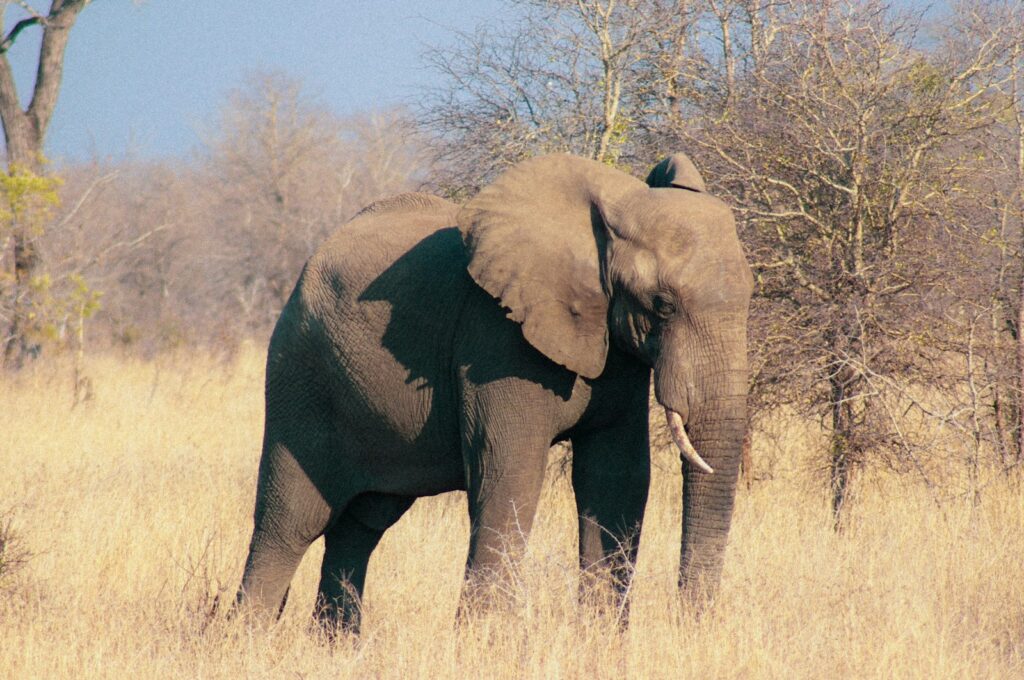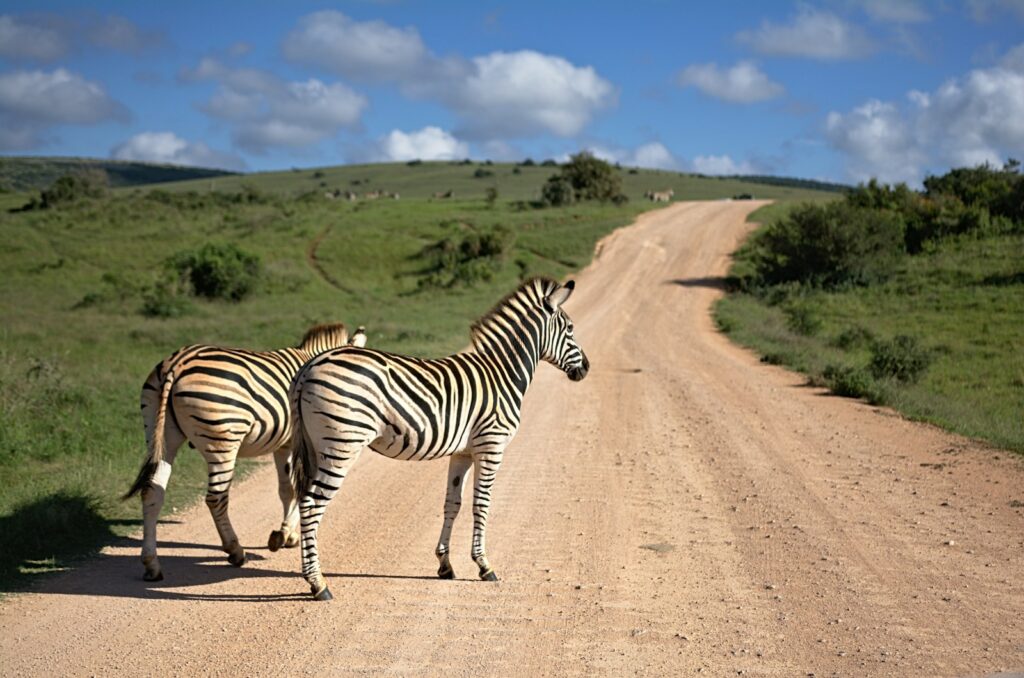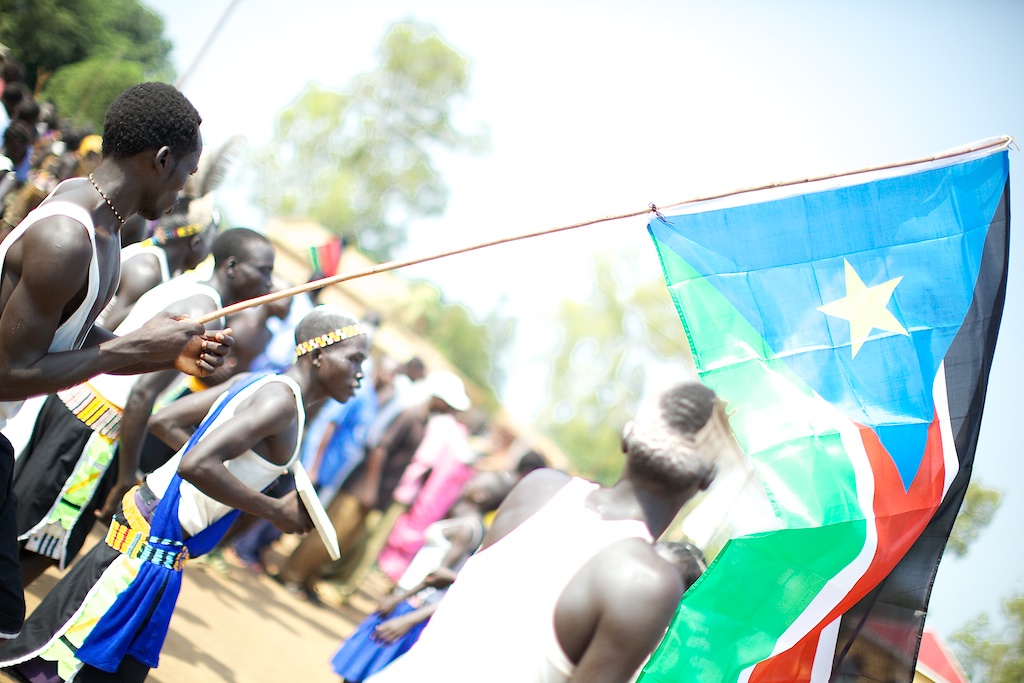Facts about South Sudan: Nestled in Central Africa, South Sudan emerges as a land of mystery and allure, offering a tapestry of unique characteristics that set it apart globally. From its status as the world’s youngest nation to its rich cultural diversity, South Sudan beckons exploration and discovery. Delve into seven captivating facts that shed light on this intriguing African nation.
1. Landlocked Splendor

South Sudan is a landlocked gem amidst the African continent, bordered by land on all sides. Emerging from its former association with Sudan in 2011, it now boasts the distinction of Africa’s 19th largest country. Despite its lack of coastal access, South Sudan’s rich cultural heritage and vibrant landscapes captivate the imagination of visitors and scholars alike.
2. Central African Abode

Positioned at the heart of Central Africa, South Sudan shares its borders with seven neighboring countries, including Ethiopia, Sudan, and Uganda. With a population exceeding 11 million, South Sudan thrives as a diverse mosaic of ethnicities and traditions, beckoning explorers to uncover its hidden treasures.
3. Youthful Vibrancy

A testament to its youthful spirit, South Sudan boasts one of the world’s youngest populations, with a median age of 18.6 years. This vibrant demographic, where over 62% of the populace is under 25, infuses the nation with energy and dynamism, shaping its cultural landscape and societal norms.
4. The Majestic Nile

The legendary Nile River, the longest river in the world, flows gracefully through the heart of South Sudan. One of its primary tributaries, the White Nile, meanders through the capital city of Juba, serving as a lifeline for communities and wildlife alike and a symbol of resilience and sustenance.
5. Cultural Heritage and UNESCO

While South Sudan may lack designated UNESCO World Heritage Sites, it boasts a wealth of cultural and natural wonders awaiting recognition. From the historic Deim Zubeir slave route to the biodiverse Sudd wetlands, these sites stand as testaments to South Sudan’s rich history and ecological diversity, awaiting their rightful place on the world stage.
6. Linguistic Tapestry

Diverse and dynamic, South Sudan is home to hundreds of linguistic groups, making it one of Africa’s most linguistically diverse nations. With English as its official language post-independence, South Sudan celebrates its cultural heritage through many recognized national languages, each reflecting the rich tapestry of its people’s identities.
7. Symbolism in the Flag

The national flag of South Sudan, adorned with horizontal stripes of black, red, and green intertwined with white lines, bears profound symbolism. From representing the resilience of its people to symbolizing the nation’s fertile land and aspirations for peace, each element of the flag tells a story of hope, unity, and progress.
In conclusion, as South Sudan continues its nation-building and cultural preservation journey, it invites the world to explore its rich tapestry of traditions, landscapes, and aspirations. From the banks of the Nile to the vibrant streets of Juba, South Sudan stands as a testament to the resilience and vibrancy of the human spirit, beckoning travelers and scholars alike to uncover its hidden treasures.
FAQs (Frequently Asked Questions) about 7 Facts about South Sudan
1. Is South Sudan safe for travelers?
While South Sudan has faced challenges, travelers can explore the country safely by following travel advisories and seeking guidance from local authorities.
2. What are some must-visit destinations in South Sudan?
Exploring the Nile River, experiencing the cultural diversity of Juba, and discovering the natural wonders of the Sudd wetlands are just a few of the must-visit destinations in South Sudan.
3. How diverse is South Sudan’s cuisine?
South Sudan’s cuisine reflects its cultural diversity, from hearty stews to flavorful rice-based meals, often infused with local spices and ingredients.
4. Are there opportunities for cultural exchanges in South Sudan?
Yes, South Sudan welcomes cultural exchanges, allowing visitors to engage with local communities, learn about traditional customs, and participate in cultural events.
5. What measures are in place to preserve South Sudan’s cultural heritage?
South Sudan has implemented various initiatives to preserve its cultural heritage, including documenting traditional practices, promoting cultural education, and protecting historical sites.








